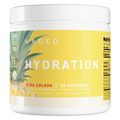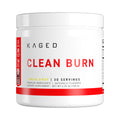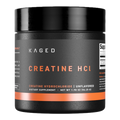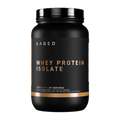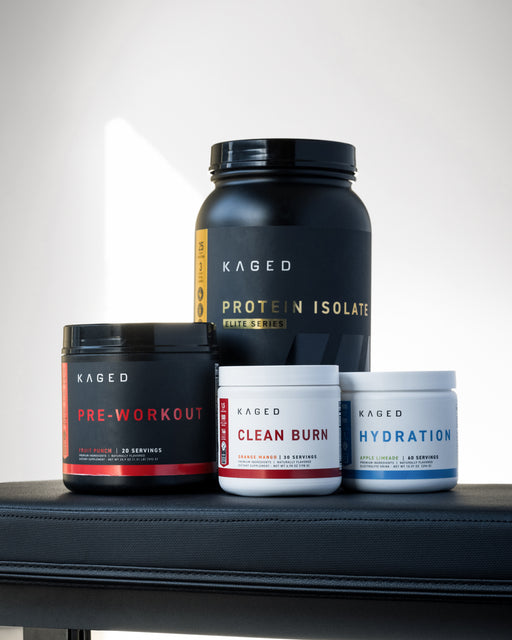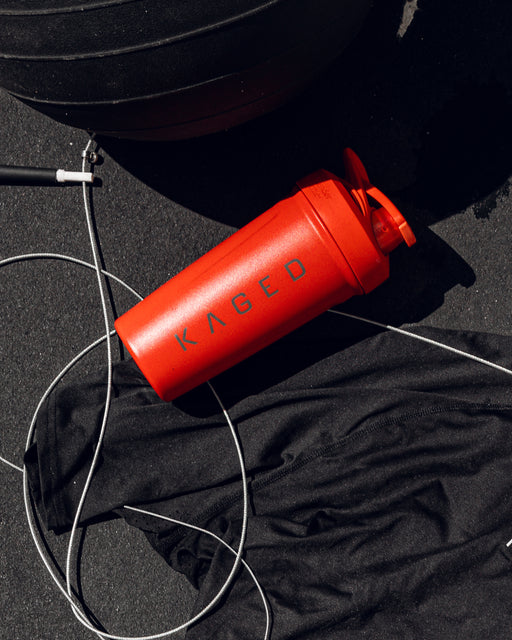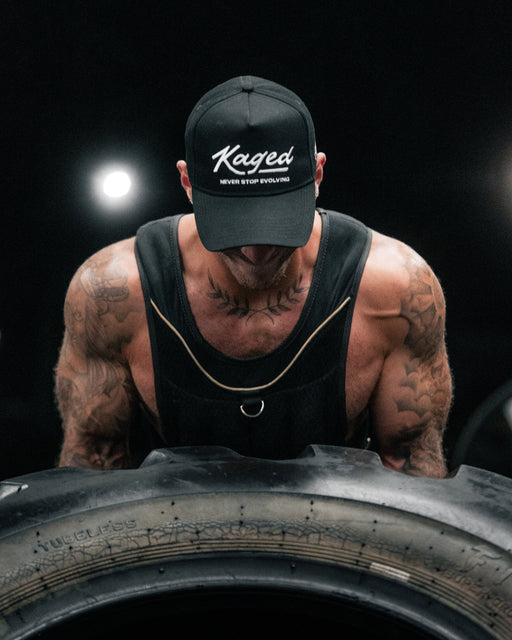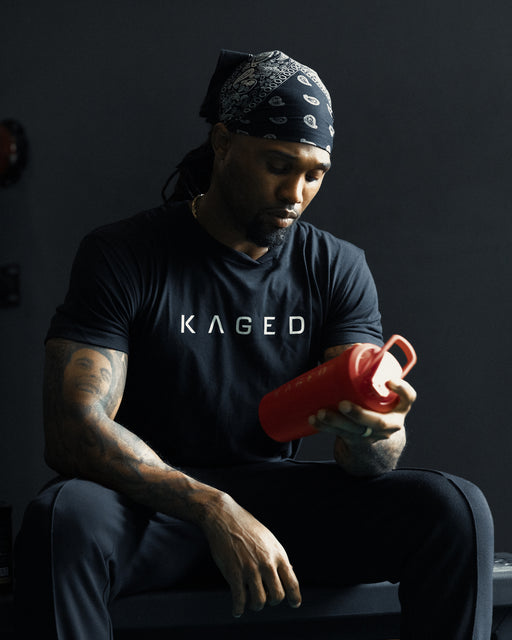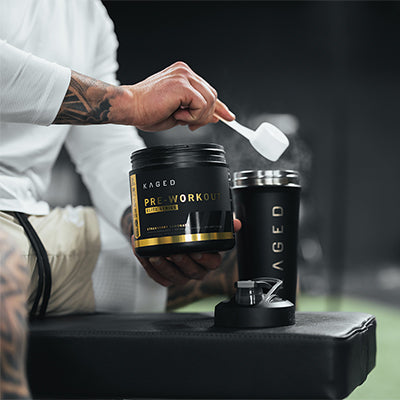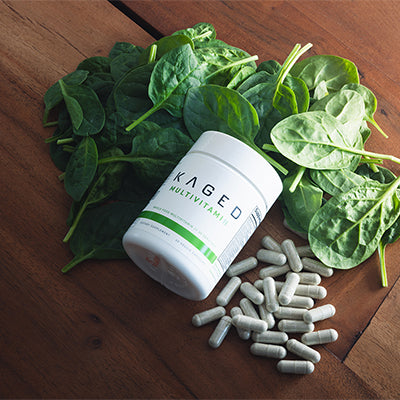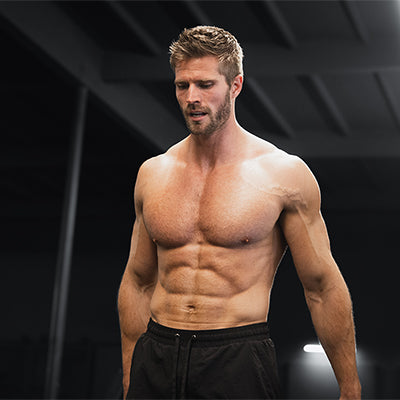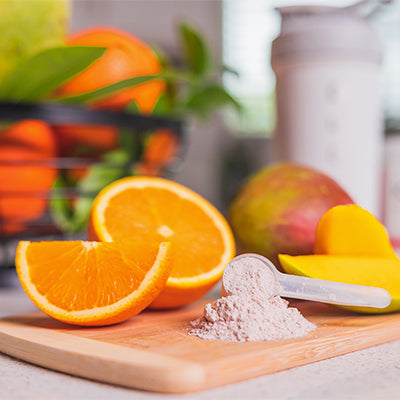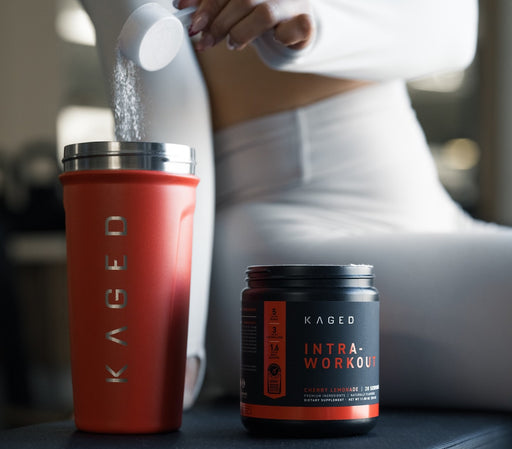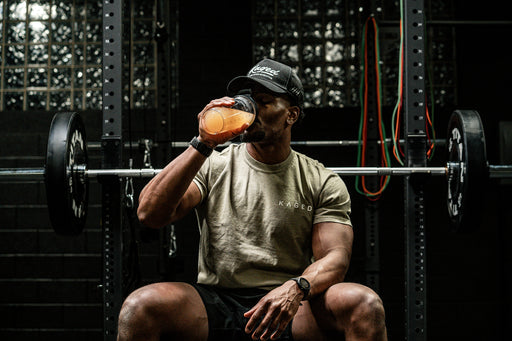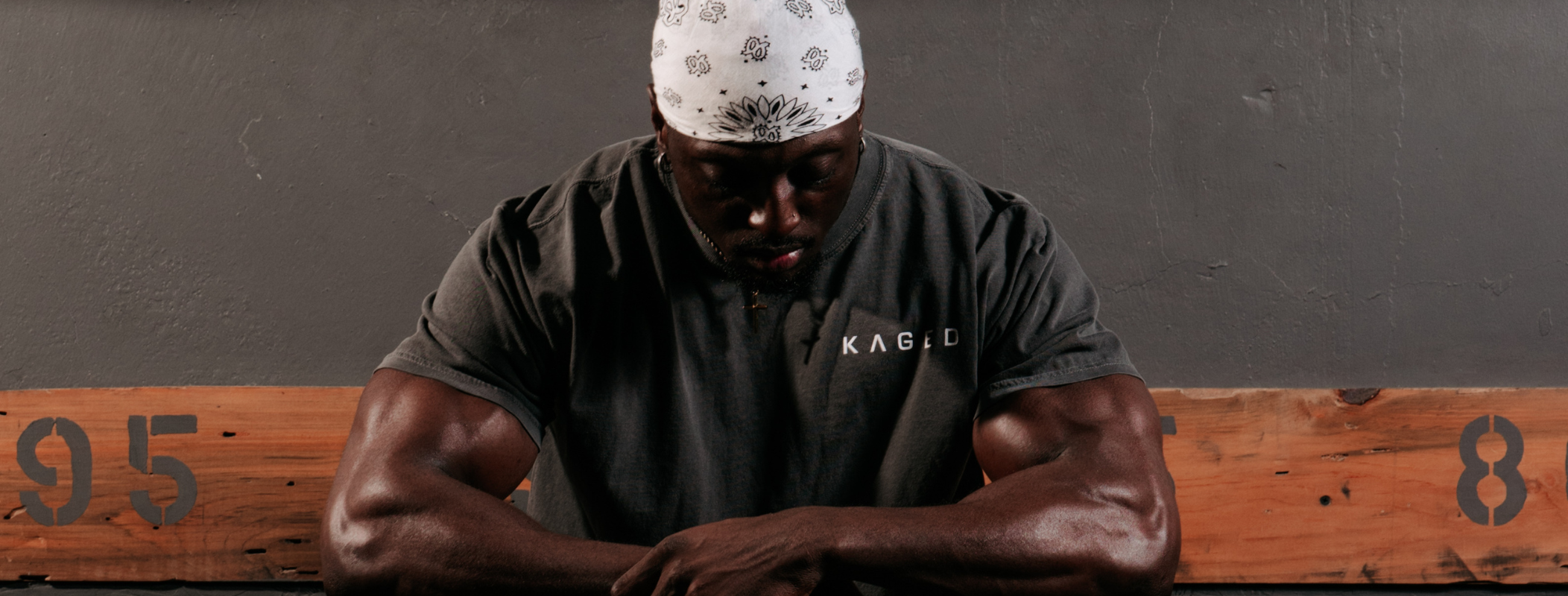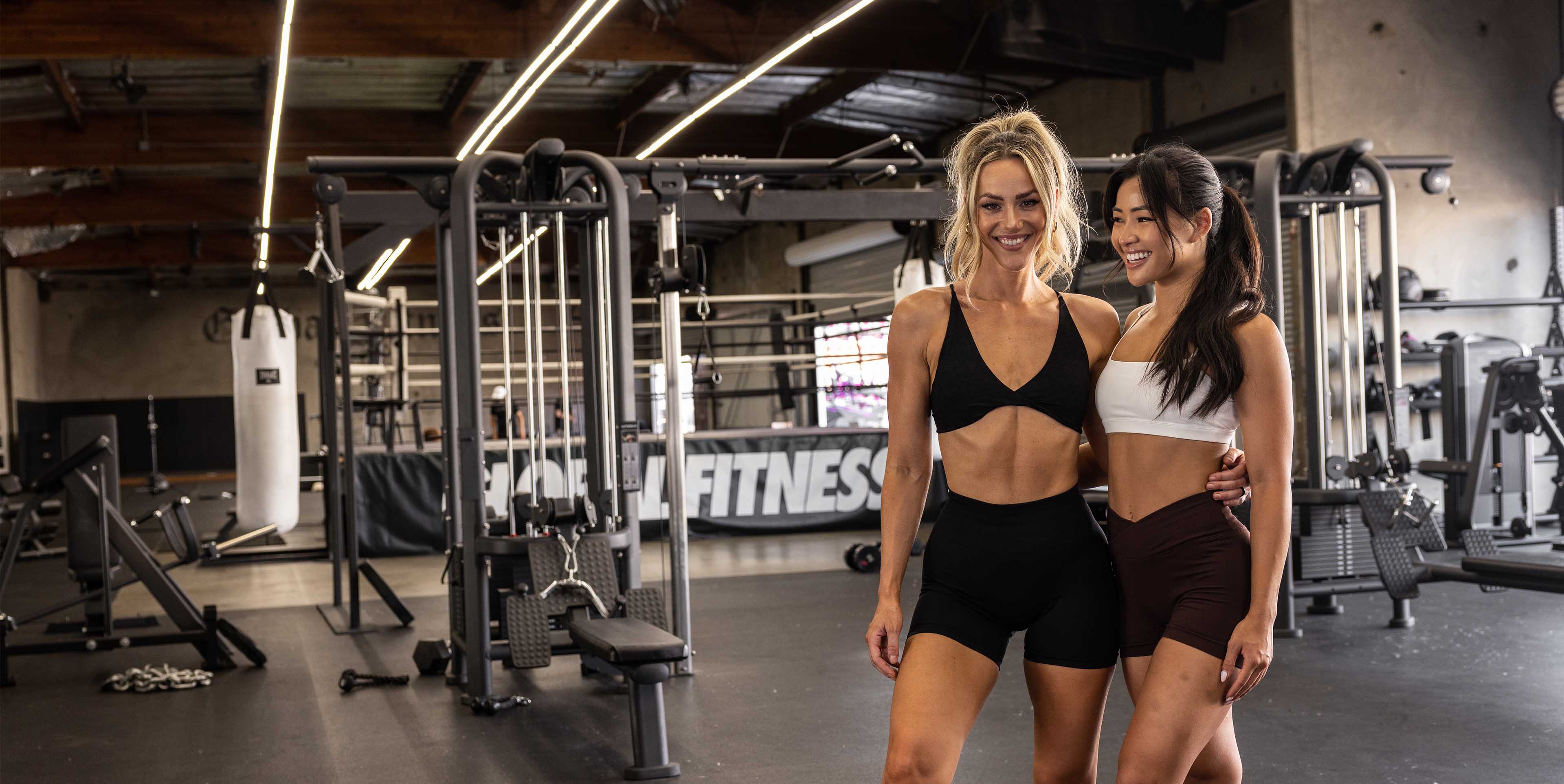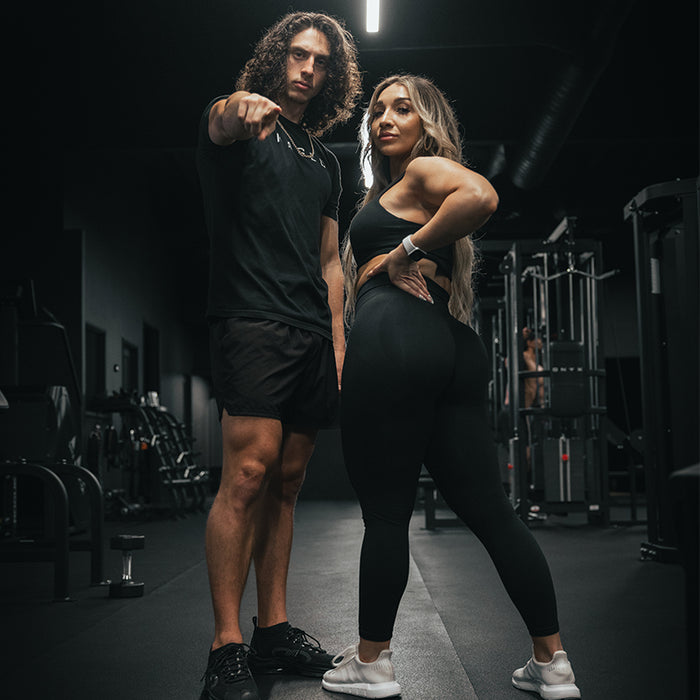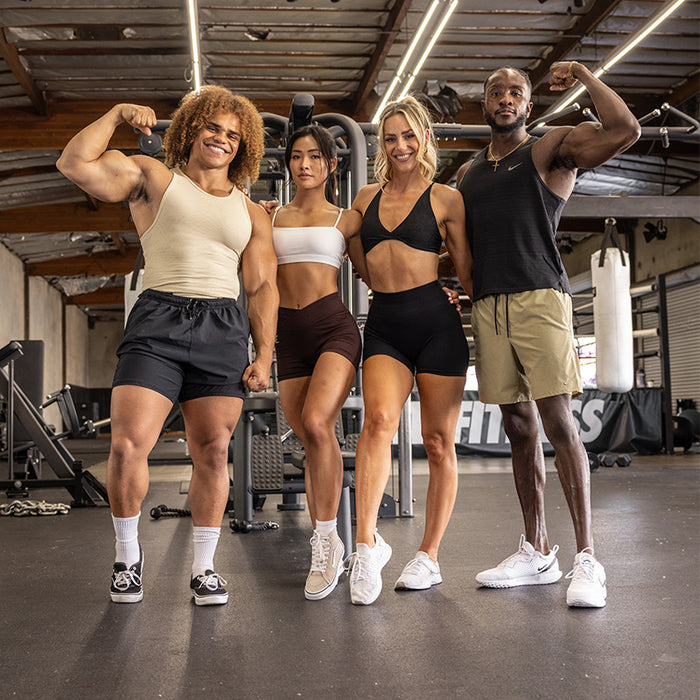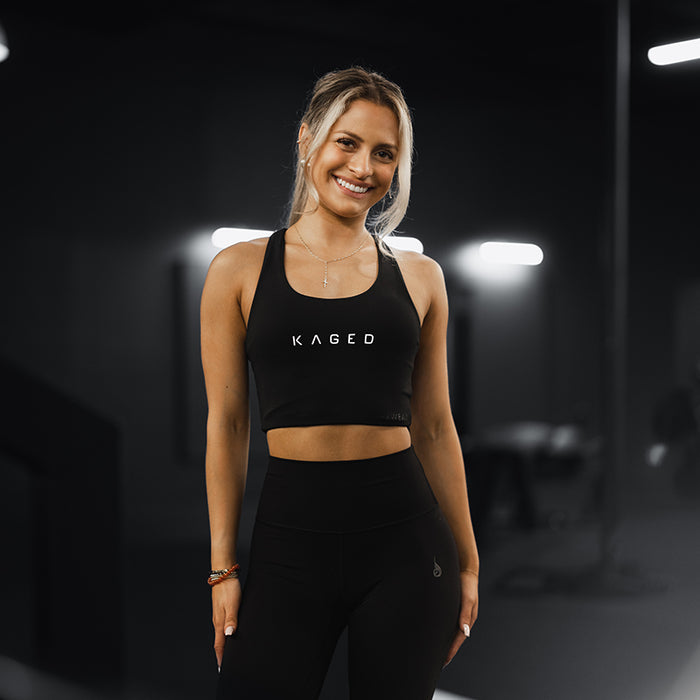If you want to add more muscle to your frame, you already know the basics: train hard, eat enough, and prioritize protein. But some of the most effective foods for building muscle aren’t protein sources at all.
These foods play a powerful role in muscle growth by supporting hormone levels, energy, healthy inflammation, and improving nutrient absorption.
Whether you’re hitting PRs or just trying to grow lean mass, don’t overlook the impact of these muscle-supporting foods.
Here are seven non-protein foods to help you pack on muscle more effectively.
Raw Oats
Oats are a bodybuilding staple for good reasons. While other forms of oats have their place, raw oats are more calorie-dense, helping you to meet your muscle-building quota without increasing the volume of food you need to eat.
Oats are a fantastic source of carbohydrates as they provide no sugar and offer a good dose of dietary fiber as well.
Furthermore, raw oats are quick and easy to prepare – just put them in a bowl like regular cold cereal, and pour some almond milk over top. For an extra muscle-building boost, try mixing some protein powder into the milk. And if you have the calories for it, add in some dried cranberries, a handful of almonds, and a tablespoon of peanut butter for a solid breakfast that will easily keep you satisfied until your next meal.
Whole Eggs
Don’t shun the yolk! Too many people think that egg whites hold the most value since they’re a lean protein source.
While it’s true that egg whites are great for protein, the yolk holds most of the nutrient value that eggs have to offer. Most importantly, eggs are a rich source of choline, which is imperative to foster strong muscle contractions.
In addition to that, egg yolks also provide a good dose of iron and zinc, two more minerals that are essential to the muscle-building process.
Additionally, zinc is correlated with testosterone levels. If you are deficient in zinc, it’s very likely that your testosterone levels will decline, too. This has a direct impact on your ability to build muscle tissue.
Avocados
Speaking of testosterone, no diet would be complete without healthy fats. Healthy fats help to keep testosterone levels where they need to be, ensuring optimal muscle is built.

Research has shown that men who consume diets that are very high in fiber and low in fat tend to have lower overall testosterone levels compared to men who consume diets that are higher in fat and lower in fiber.
This doesn’t mean you should shun all vegetables. They’re necessary for vitamins and minerals. This is a both/and situation. Avocados are great because they provide a healthy dose of dietary fat and provide a few grams of fiber and antioxidants along with it. This allows you to get the benefits of both worlds in one food.
Avocados are also a rich source of vitamin E, which is a powerful antioxidant in the body and can help you combat periods of high stress.
Olive Oil
Olive oil is the next great food to include in your muscle-building diet plan. Olive oil is another healthy fat source that will go a long way towards reducing inflammation (which can slow muscle growth) as well as supporting insulin sensitivity.
Having good insulin sensitivity is critical when it comes to building muscle, as it will ensure that you’re able to direct nutrients to the muscle tissues where they’re needed.
Eating a higher carbohydrate diet almost always produces better muscle building results than a very low carbohydrate diet does, but you need to have good insulin sensitivity to make use of those carbs.
Adding olive oil to your food helps you do that – and also helps you hit your calorie goals. At 120 calories per tablespoon, it’s an easy addition to your meals that won’t leave you feeling bloated or overly full.
Bananas
Finally, don’t let yourself miss out on the benefits that bananas have. This is one fruit that is great for building muscle, thanks to the combination of carb types it offers. You’ll get a dose of simple sugars from the banana, which will provide immediate energy when you need it, as well as a slower-digesting source of energy from the complex carbohydrates.
Loaded with potassium, they’ll also help to foster strong muscle contractions while keeping your blood pressure in check.
Bananas make an excellent pre-workout carb choice or blended into your post-workout protein shake. However, you choose to eat them, just be sure to get them in.
Sweet Potatoes
Sweet potatoes are a slow-digesting carbohydrate that can help you train harder and recover faster. They’re loaded with vitamins like vitamin A and C, as well as potassium and magnesium. These minerals help regulate muscle contractions and reduce cramping.
Compared to white potatoes, sweet potatoes offer a more stable energy release, making them ideal for post-workout meals or evening dinners that support recovery overnight.
Nuts and Nut Butters
While a formidable protein source, nuts or nut butters are not typically a main protein source, so they qualify for this list.
Almonds, cashews, and natural peanut butter are fantastic for adding healthy fats and calories to your meals. They’re rich in magnesium, zinc, and vitamin E, all of which support muscle function and recovery.
As we've mentioned, zinc is especially important for testosterone production. A tablespoon or two of nut butter added to oats, shakes, or toast is a simple way to boost your intake.
There’s your list of the seven best foods to eat to build muscle. Are you missing out on any of these in your diet plan? If so, make a few changes and start ensuring that they make their way onto your menu.
